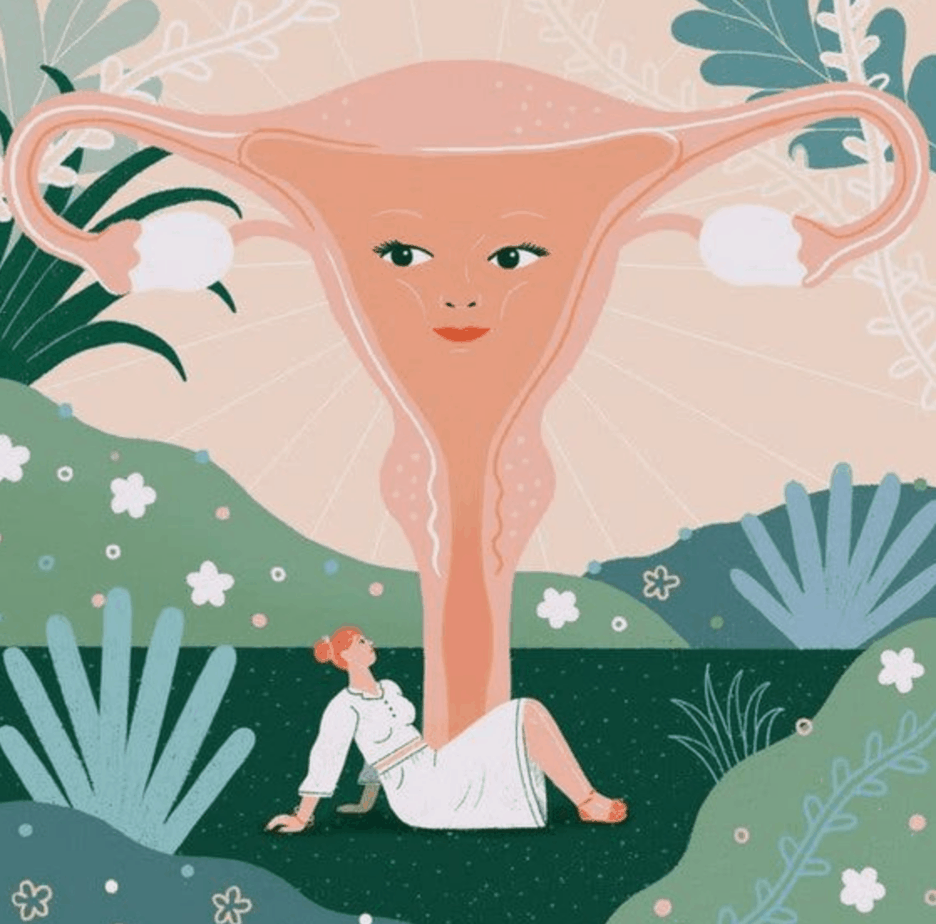Aymen Subhani is a nutritionist and dietician who has previously written about the nutrition one should add to their diet during pregnancy, as well as for when you’re on your period. Her newest article is all about the dietary and lifestyle changes you might have to make once you hit menopause. Keep reading to find out all about it!

What Is Menopause?
Menopause is the time in a woman’s life when her period stops. It usually occurs naturally, often after 45 years of age, and it is a time in her life when she stops getting her period. She may feel depressed, lethargic, weak, anxious and confused. Premenopausal symptoms include hot flushes and irritability, along with other symptoms.
Dietary Modification
Your body lacks estrogen and progesterone hormone since your ovaries stop producing them after you hit menopause.
Nutrients recommendations include:
| Energy from Carbs | 50% of the total calories consumed |
| Energy from Proteins | 30-35% of the total calories consumed |
| Energy from Fats | 15-20% of the total calories consumed |
| Limit your calories | For example, if you consume 2500 calories per day, switch to 2200 calories or 2000 calories. |
| Calcium recommendation | 1000 mg/day |
| Vitamin D recommendation | Beyond 2000 IU/day |
| Salt intake | Maximum 5g/day |
- You may gain weight easily now, so it is important to stay active. Exercising will also boost your mind and help you focus. Do not make unrealistic goals, like losing 20 lbs in a month.
- Estrogen helps protect your heart and since your body is no longer producing it, it is important to get estrogen. Your doctor may recommend you supplements but you can always opt for dietary sources like flax and soy that have phytoestrogens which act as estrogen lookalike compounds and may help.
- You are at risk of developing heart diseases like CVD and bone problems like osteoporosis. Insure you have an intake of calcium and vitamin D to avoid bone weaknesses. Calcium sources are dairy items, fortified foods, tofu, soya beans, nuts, broccoli et cetera and Vitamin D sources include canned fish, mushroom, sunlight, some veggies, fortified foods like milk or cereals et cetera.
- To protect your heart, limit use of margarine, butter. Opt for plant based oil instead like sunflower oil. Moreover, limit salt intake.

- Reduce intake of sugary beverages.
- Limit organ meat and opt for other iron sources to ensure that your body gets iron. Iron sources include beans, lentils, tofu, nuts like walnuts, whole grains, spinach etc.
- Limit liquid calories. Instead of having 1 glass of fruit juice with added sugar, opt for fruit. Example; have 2 apples instead, or have half glass of fruit juice; unsweetened.
- Limit deep fried foods. (1 time/week)
- Include fruits and vegetables in your diet. Include green leafy vegetables in your diet.
- Have a fibre rich diet. Sources of fibre include oats, barley, nuts, fruits and vegetables, psyllium husk et cetera.
- Have fish preferably fatty fish like sardine.
- Have low fat dairy.
- Include nuts and seeds in your diet. They will help you stay full for longer. You can also use them as toppings on your snacks or in breakfast. For example, have fruit yogurt and top it with nuts. It’s perfect as a healthy snack.
- Stay hydrated. Drink at least 6-8 glasses of water per day.
Sample Diet Plan for PCOS
| Breakfast | Oat meal (cooked oats, nuts as topping, fruits as topping) |
| Mid-morning Snack | Spinach Smoothie (1 cup smoothie, 2 dates, half cup low fat milk, 2 banana, dash of cinnamon, 1 tbsp chia seeds. Blend and drink) |
| Lunch | Barley Beef Tortilla (make a chapati, add minced beef/chicken, cut different veggies, add some grated cheese, roll and eat.) |
| Snack | Any seasonal fruit (1 serving) with some nuts. |
| Dinner | Half chapati with red beans (rajma) or any vegetable salan and salad |
Note:
If symptoms of menopause persist (for example hot flushes), seek medical help.










What do you think?
You must be logged in to post a comment.